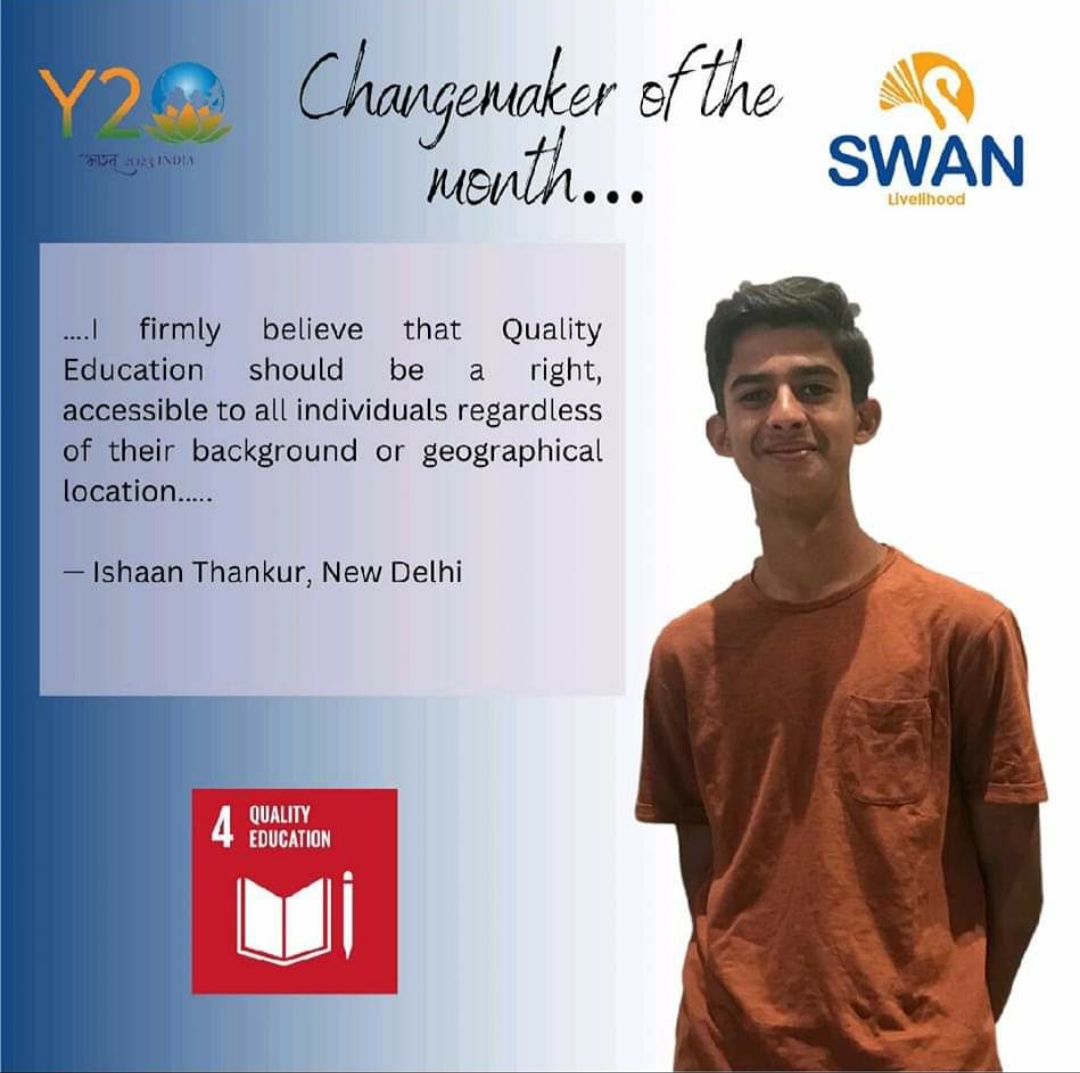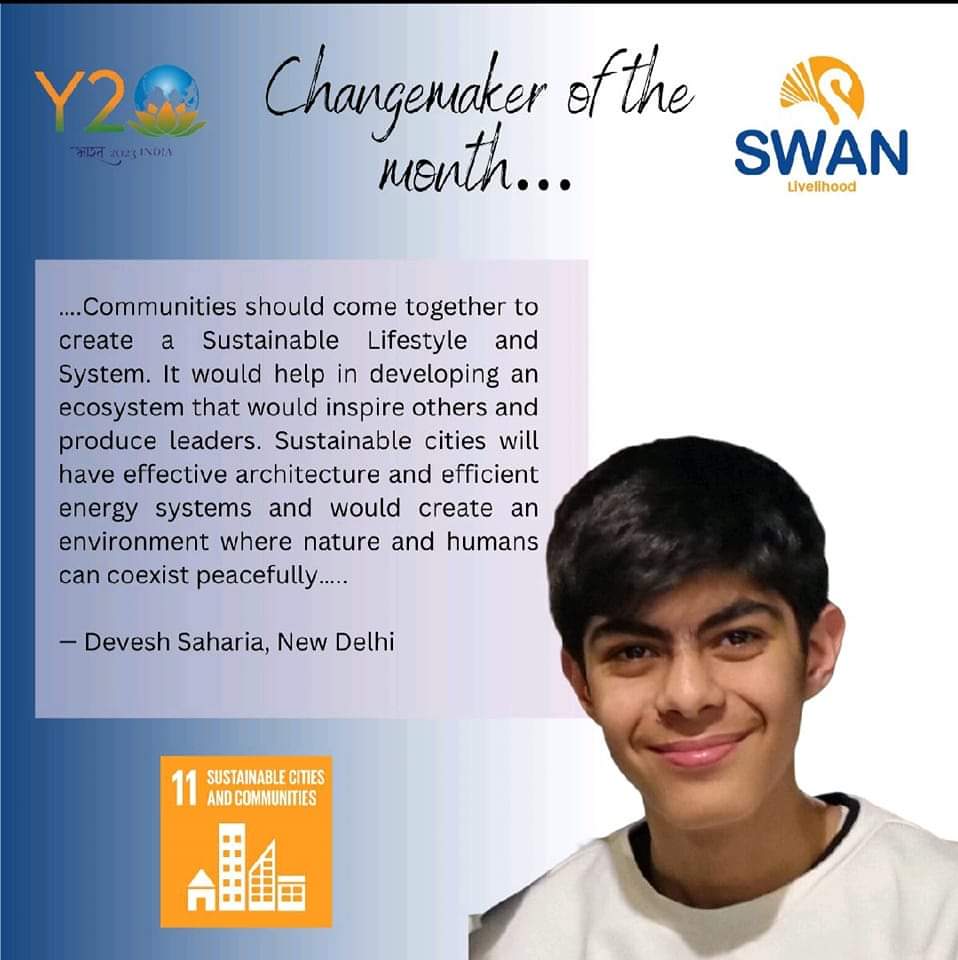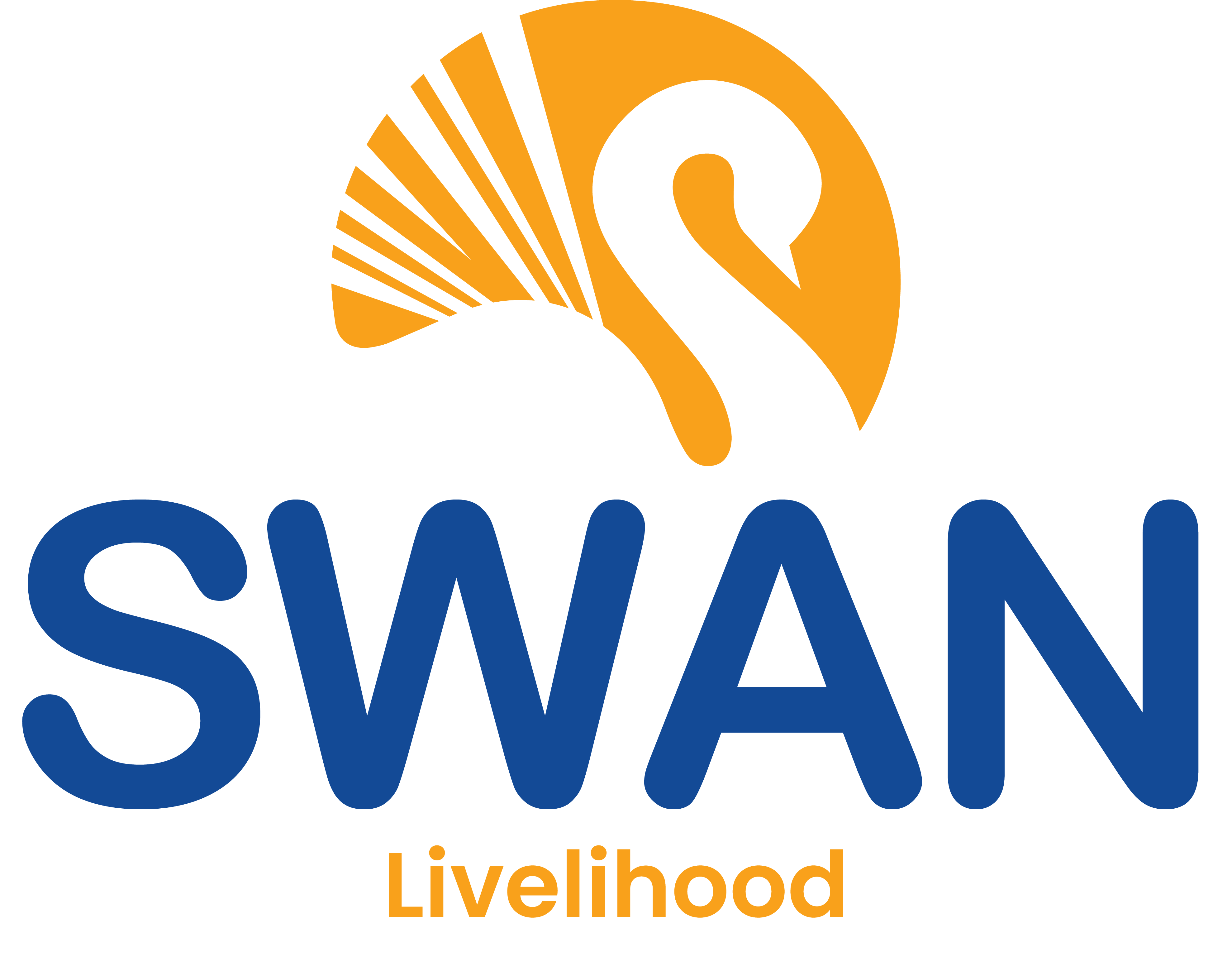1. Building Strong Institutions: Unraveling the Key to Tackling Violence and Insecurity in Developing Countries
There are numerous misconceptions about the causes of violence and insecurity in developing countries. While inequality, corruption, and bad governance can indeed contribute to crime and violence, it is important to recognize that the presence of strong institutions can help alleviate these issues.
Consider the following examples:
- Governments with independent judiciaries that enforce laws fairly and without discrimination tend to experience lower levels of homicides.
- Countries that possess robust national police forces often exhibit lower crime rates.
- Economies where property rights are secure tend to witness reduced levels of violence.
- Elections that facilitate a peaceful transfer of power are associated with lower rates of conflict.
It is crucial to note that these examples illustrate how strong institutions can play a significant role in mitigating violence and insecurity. Independent judiciaries contribute to impartial law enforcement and protect minority groups, fostering trust and discouraging resorting to violence. Strong national police forces maintain law and order, deterring criminal activities and creating a sense of security. Secure property rights promote economic development, diminish social tensions, and decrease the likelihood of conflicts arising from property disputes. Lastly, peaceful transfers of power through elections demonstrate political stability, foster trust among different factions, and reduce the likelihood of violence as a means of political expression.
By understanding the impact of strong institutions in addressing these issues, we can work towards creating safer and more secure environments in developing countries.

2. Empowering Communities through Quality Education
The quality of education an individual receives largely depends on the amount of financial support they receive. If a family is unable to provide financial assistance to their children’s schooling, they may suffer academically. In many cases, students who receive a low-quality education will struggle to secure jobs that offer high salaries and increasing levels of responsibility. This situation could potentially lead them into poverty or crime.
On the other hand, individuals educated in private schools or through other means with strong educational systems are more likely to achieve success in their lives compared to those attending lower-quality educational institutions. Therefore, it is crucial for societies and those working on this issue to aim towards minimizing this disparity.

3. Breaking Barriers: Empowering Women and Trans Individuals for a Progressive Society
Many individuals strongly believe that women and trans people continue to face undervaluation and marginalization in society. Prejudices related to gender persist, resulting in ongoing injustices and denial of basic rights. The historical dominance of male influence has contributed to a male-dominated society, perpetuating inequality and hindering social progress.
A significant factor in the perpetuation of these biases is the deep-rooted influence of stereotypes. From an early age, children are exposed to societal expectations through games, toys, and clothing, which limit their future choices and aspirations. Challenging and dismantling these imposed gender roles is essential for societal advancement. By recognizing the inherent value of women and trans individuals, providing equal opportunities, and fostering inclusivity, society can progress towards a more equitable and just future.

4. Combating Zero Hunger: A Personal Quest for Change
The global issue of zero hunger has captured my attention, stirring a deep sense of responsibility within me. Determined to make a difference, I have set a lofty goal for myself: to actively contribute and seek solutions to this pressing problem. It is a heart-wrenching sight to witness people begging for food on one side while witnessing food wastage on the other. This stark contrast has fueled my urge to address the issue head-on.
Malnutrition, a consequence of inadequate access to food, perpetuates a vicious cycle. Individuals affected by malnutrition suffer from physical and mental exhaustion, leaving them unable to work or even afford a basic meal or education. It is a dire situation that hampers their potential and perpetuates a cycle of poverty.
Another aspect that demands attention is the issue of obesity. Insufficient intake of essential nutrients leads to a weakened immune system and health complications, amplifying the spread of diseases and increasing mortality rates. This highlights the need to ensure equal access to food throughout the year and combat the alarming trend of food waste.
Driven by my passion for this cause, I am committed to actively contribute to the fight against hunger. By advocating for equal access to nutritious food and promoting sustainable practices to eliminate food waste, we can create a world where no one goes to bed hungry. Together, we can make a tangible impact and pave the way for a brighter, hunger-free future.

5 Embracing Sustainable Communities: Building a Better Future
Sustainable communities prioritize long-term well-being and balance economic, social, and environmental sustainability. By collaborating with individuals, businesses, and governments, they reduce waste, conserve resources, and embrace renewable energy. Promoting eco-friendly transportation alternatives like public transit, biking, and carpooling minimizes pollution. These communities create spaces that prioritize physical and mental health, fostering social cohesion. Attracting businesses and investments, they contribute to economic prosperity. By embracing sustainable communities, we can pave the way for a brighter future, where humans and nature thrive in harmony. Let’s work together to build a sustainable world for generations to come.

The post is curated by the 11th class students of BGS International Public School as a part of the young changemakers internship during the month May – June 2023

